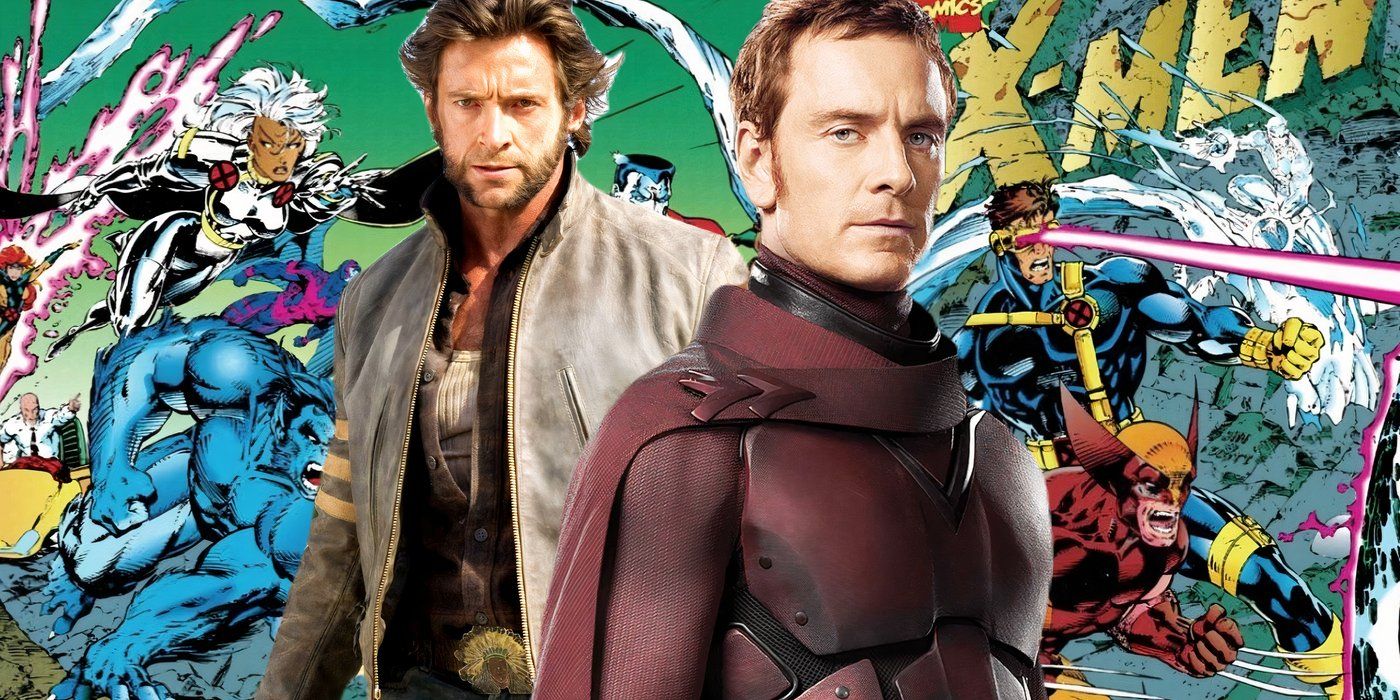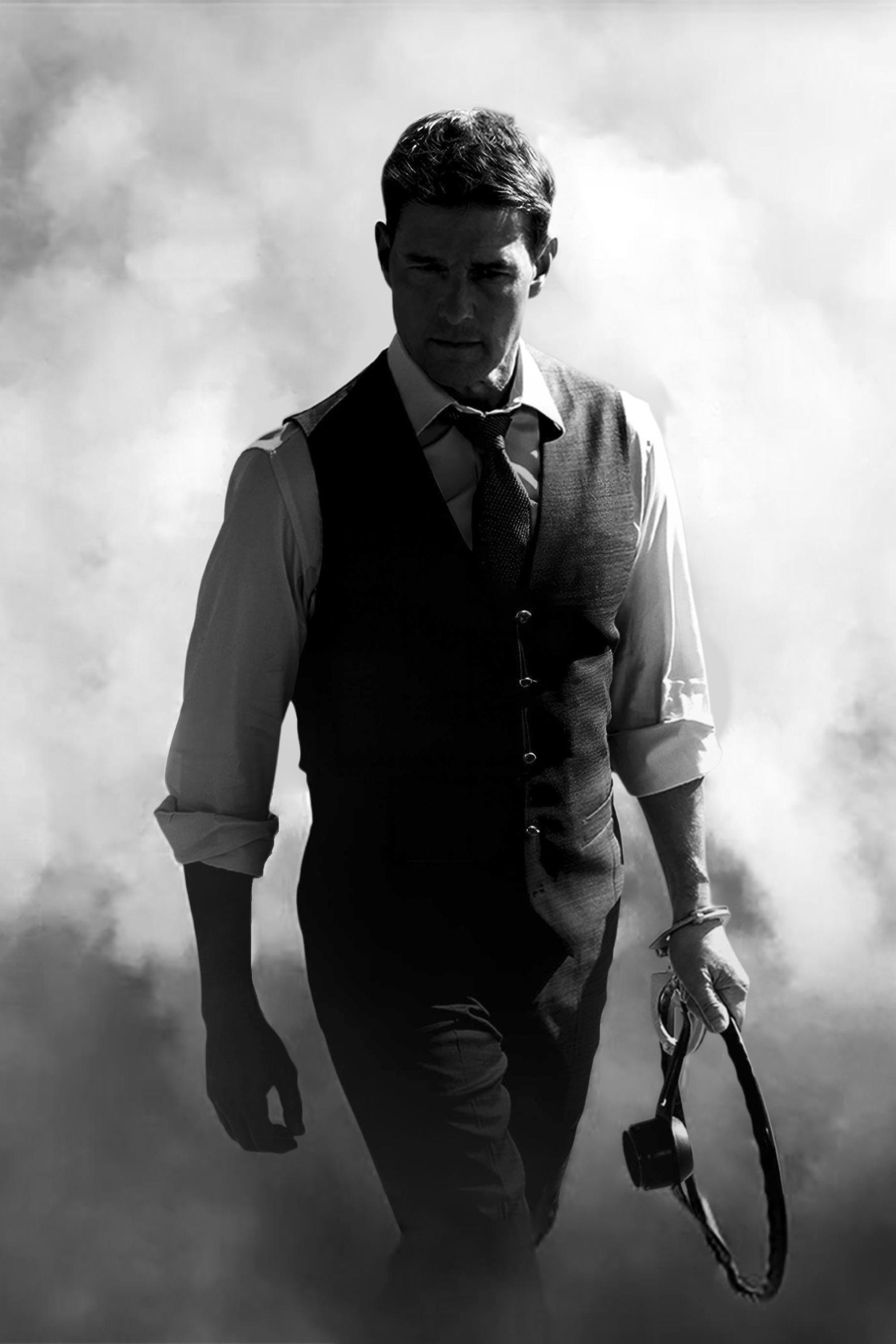Andy Warhol is one of, if not the most famous and controversial artists that came out of the 1900s. The Netflix docuseries from the ever-prolific Ryan Murphy, The Andy Warhol Diaries, bring his story to the forefront.
Given that the series is based on Warhol’s real diary (as edited by Pat Hackett), it is chock full of insightful words from the mind of Andy Warhol himself. People who both knew and study Andy also provide impactful testimonials on his life and art. The Andy Warhol Diaries features some incredible quotes, whether they be directly from Andy Warhol or from those that knew and loved him.
Marc Balet On Warhol
“I don’t think Andy saw himself as a great beauty, but he liked to have great beauties around him.”

Marc Balet, Andy Warhol’s creative director of eleven years, says this quote about Andy regarding his own insecurities and the people that he surrounded himself with.
It is common knowledge for fans of Warhol that, despite all of the beautiful works of art that he created, he never quite saw any beauty in himself. Mainly due to his medical issues, he spent a lot of time feeling very insecure. Yet, he breathed life into the portraits of Marilyn Monroe, a legend whose quotes remain iconic to this day. Marc Balet tries to frame Warhol’s mindset with this quote.
Andy Warhol On Critics
“Don’t they know what their job is? To say what something means?”
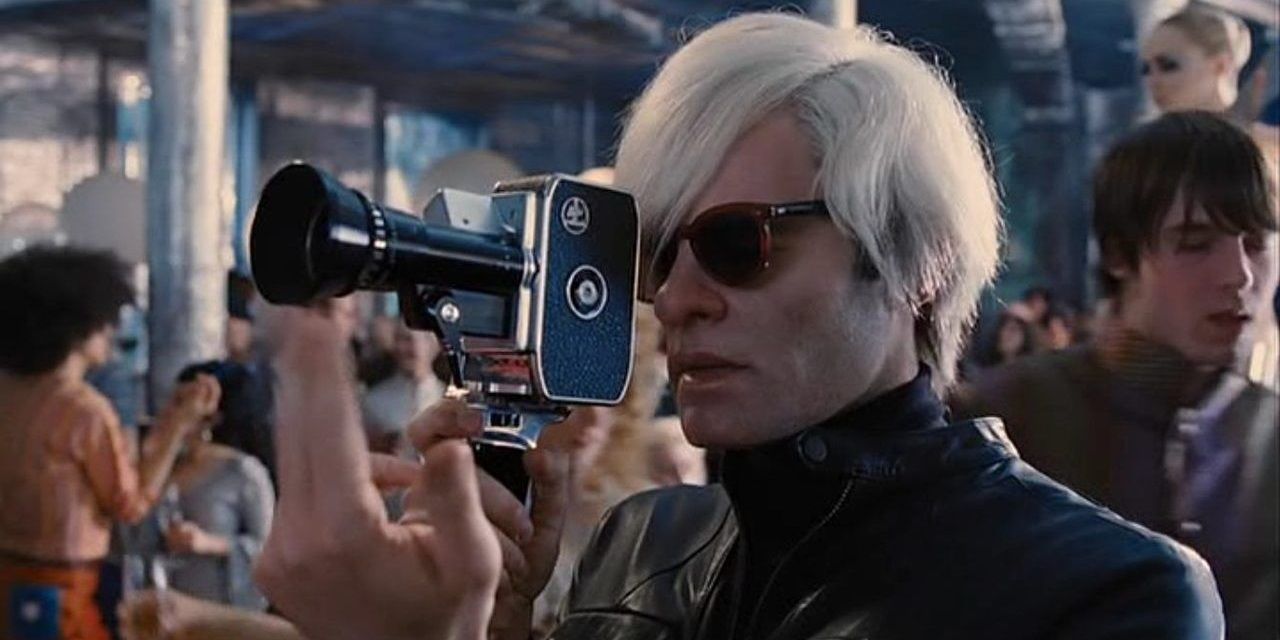
In Warhol and Jed Johnson’s film Bad, there were quite a few awful and upsetting scenes, which is part of what led to the movie’s bad reviews. However, this quote is Warhol’s reaction to the critics.
Hearing one of the world’s most famous artists insist on the importance of finding deeper meaning in films is incredibly impactful. Although Bad certainly crossed the line with its use of violence, some may agree that Warhol has a point about remembering the importance of artistic analysis when viewing films as some, especially in the modern-day, do end up getting written off before they have a chance to be seen.
Donna De Salvo On Andy Warhol
“Warhol understood the value of things like Campbell soup. You become American by participating… He was so ahead of his time to understand that.”
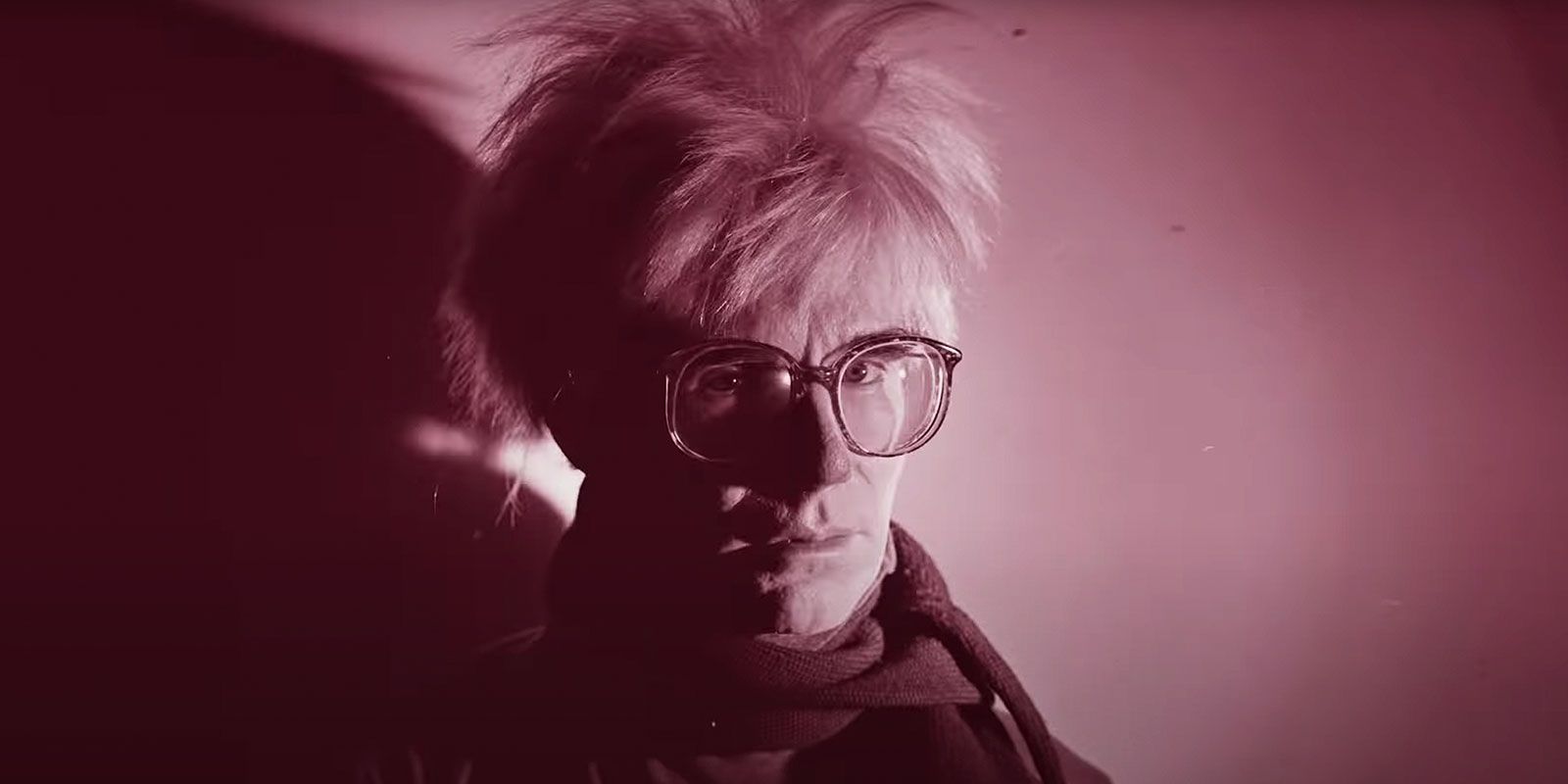
American curator Donna De Salvo says this quote about Andy’s painting of the Campbell soup can, which is arguably one of his most well-known works.
Donna De Salvo does a wonderful job putting the significance of Andy’s depiction of the Campbell’s soup can into words. The work certainly builds on a culture of consumerism in America, and the choice of the common soup can appeals to Americans across classes. In the documentary, Andy’s brother even mentions that Campbell’s tomato soup was one of Andy’s favorite after-school meals as a child.
Jerry Hall On Andy Warhol
“If he followed your lip line, he liked you. But if he made your lipstick go over your lip line, then he didn’t like you.”
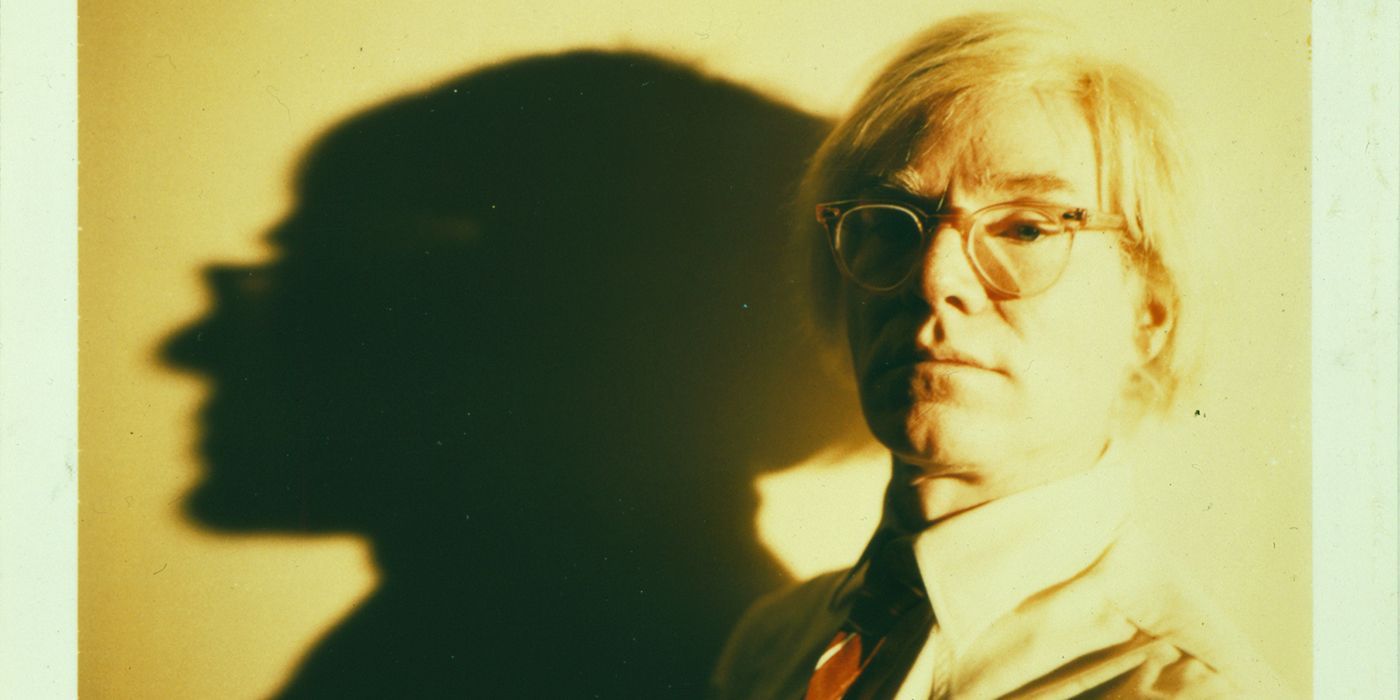
Model, actress, and friend to Andy Warhol, Jerry Hall gives the audience this insight into the iconic artist’s approach to painting his renowned portraits of famous folks.
This is a fun bit of insider information from a common muse of Andy Warhol’s that prompts viewers to look closely at his work for more than just the colorful visual appeal. It arms the audience with the ability to look at Warhol’s portrait of someone else and manage to learn more about both the subject and the artist.
Andy Warhol On Love
“People are people and a fool is a fool so no matter what they say, they will just go on being in love.”
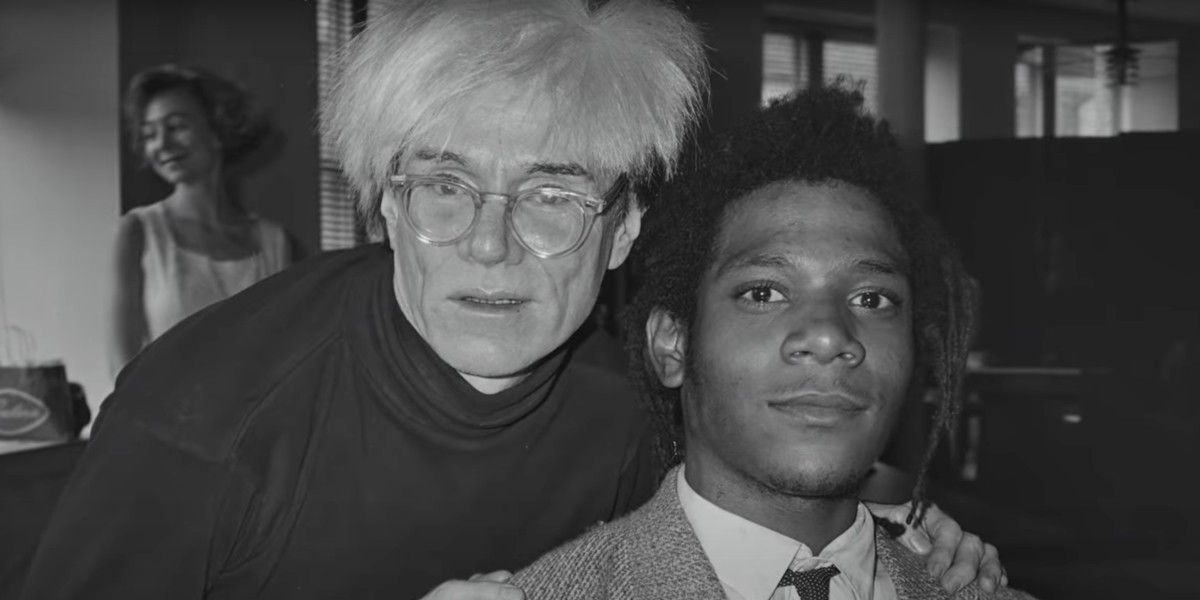
Andy Warhol writes these words in his diary referring to his belief at the time that Jean-Michel Basquiat and Paige Powell are in love with each other but refusing to act on it.
Beyond the context that he says them, this is a beautiful quote from Andy Warhol that conveys just as much artistry in his written words as there is in his paintings. It is also one of the many times that Andy speaks on love during the documentary, and it is an incredibly romantic opinion for someone who was so sparingly romantic in public.
Rob Lowe On Andy Warhol
“Andy definitely had a sadness about him and for that to permeate through my youth… It must’ve been palpable.”
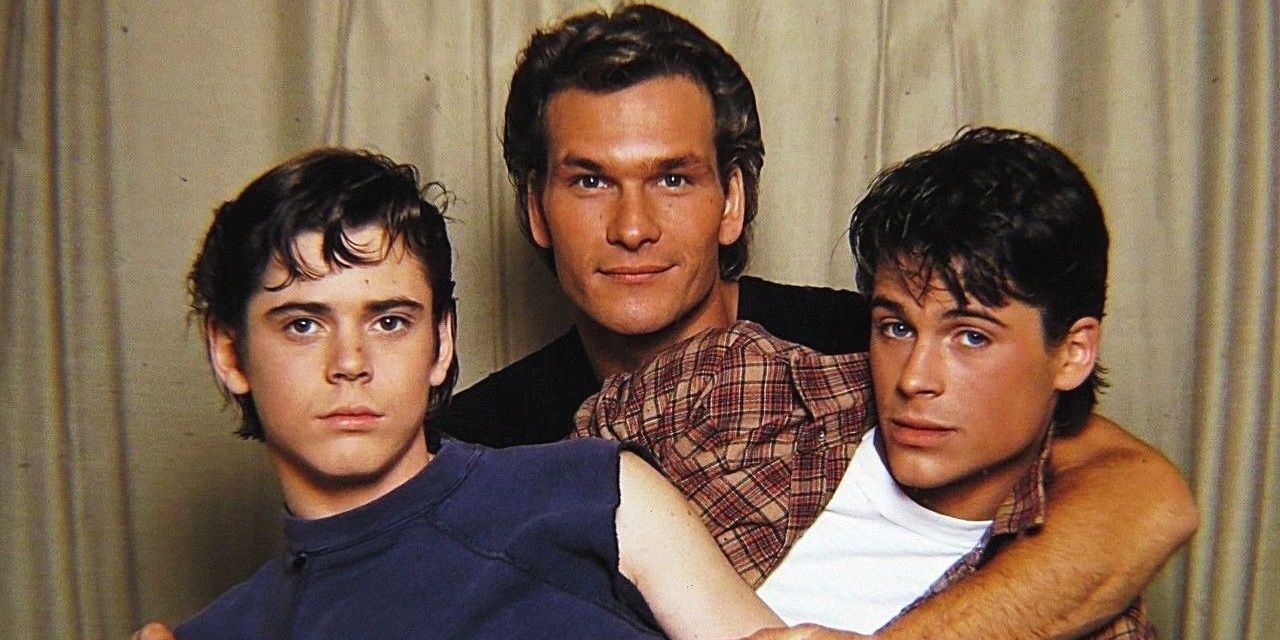
Rob Lowe says this about Andy Warhol, who he knew as a young man who had recently finished his work on The Outsiders, one of Lowe’s best movie roles and a film that Andy Warhol adored.
The actor’s words are very impactful in how they speak to the strength of Warhol’s air of sadness. Lowe says of himself that he had “a sort of lack of self-awareness at the time,” and for Andy to make that impression on him, it must mean that the artist had never really let go of any of the emotional burdens that he carried despite seeming to be emotionless to the public.
Andy Warhol On His Medical History
“I called and they said nothing was wrong. So, I hung up feeling that health sure is wealth.”
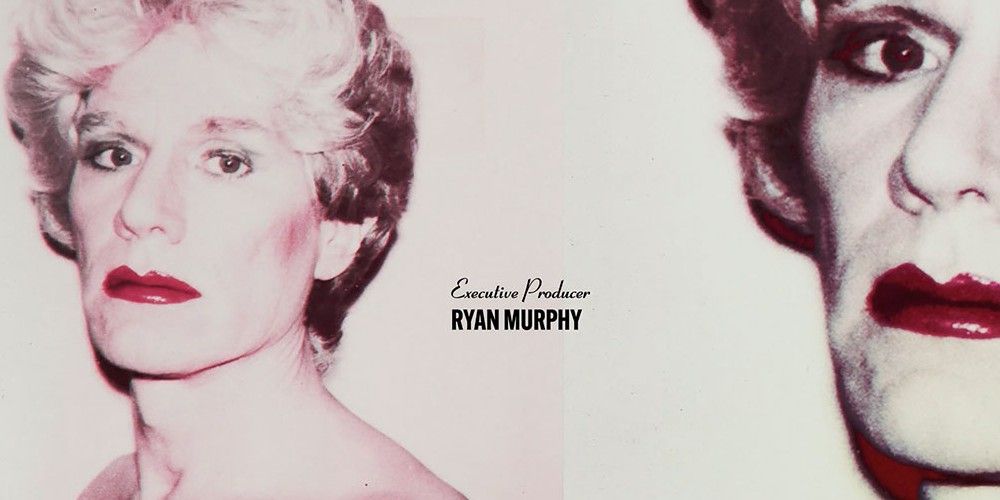
Andy mentions this moment in his diary, in which he got tested for AIDS during the epidemic in the 1980s. His test results came back negative.
Andy’s feelings speak to just how harrowing the AIDS pandemic was. Even a renowned, wealthy artist had reason to be terrified as everyone was vulnerable, no matter their net worth. The heavy focus on the epidemic is not only necessary to understand the significance of Warhol’s identity during his time, but it is also an important staple of a Ryan Murphy production as a little-known fact is that he likes to use his platform to spread awareness for AIDS/HIV.
Andy Warhol On His Art
“I guess I’m just not a good painter… Well I know I won’t change. I won’t change.”
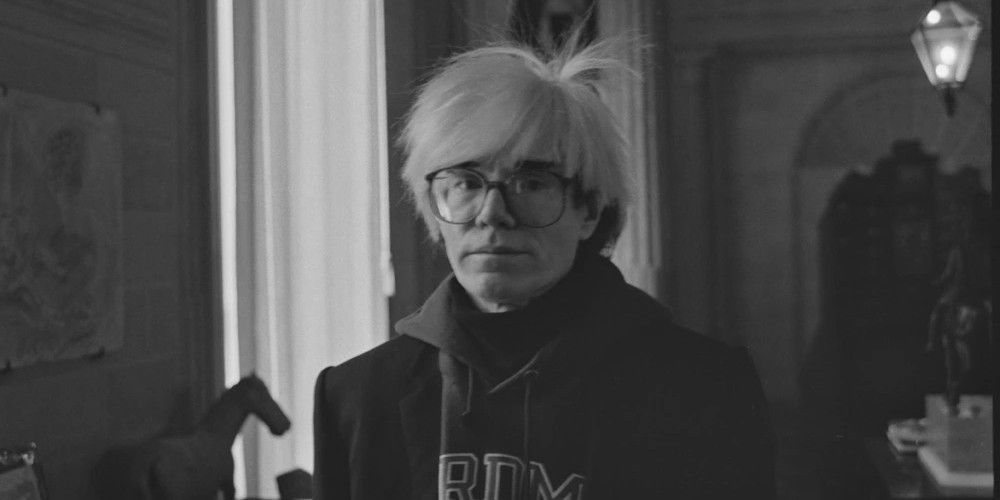
The high art world struggled to accept Andy Warhol’s paintings when he first made them, and criticism was often harsh. With this quote from his diary, Andy speaks on his feelings about his art.
In this same entry, Andy Warhol, one of the most famous artists of all time, speaks about how confusing the art world is. Despite not knowing whether or not it wants him to change, he holds true to himself, even if he does not believe himself to be any good. This holds a powerful message for an audience full of artists of all kinds about finding a legacy in overcoming imposter syndrome and feelings of inadequacy.
Andy Warhol On Being Shot
“Right when I was being shot and ever since, I knew I was watching television. The channels switch, but it’s all television.”
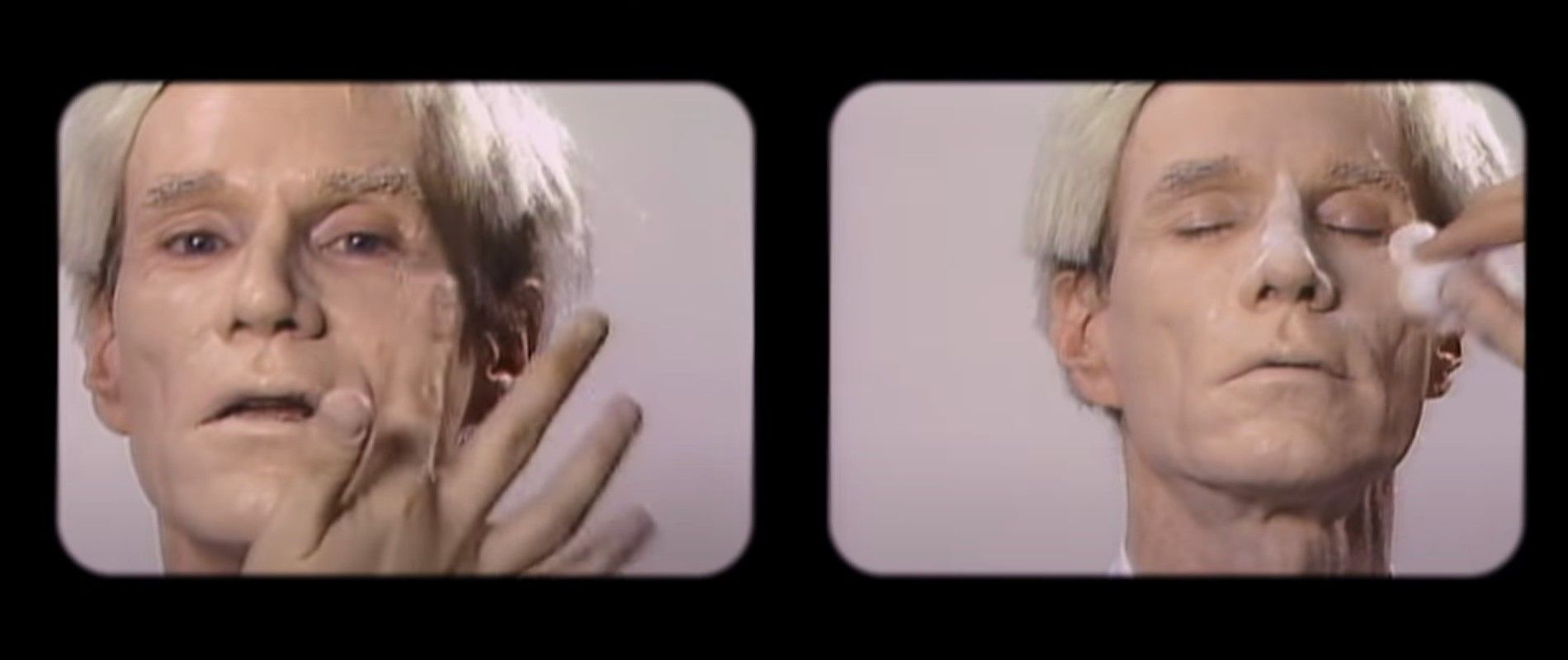
In 1968, Valerie Solanas shot Andy Warhol. Ryan Murphy also references this AHS: Cult and Evan Peters’ detailed Andy Warhol outfit is one of the hidden costuming details in Cult. Warhol survived the attack, but he mentions in the diary that everything had felt like television since he was shot.
Comparing his own life to a television show is a very artistic metaphor, which makes perfect sense for Andy. This quote also makes the audience aware of just how deeply being shot affected him and his view of the world, bringing him to a detached yet hyper-aware state that he can only describe in metaphor as “television.” Ironically enough, it is after Andy is shot that he begins to write the diary about his life, which has now become television for all viewers of the docuseries.
Andy Warhol On Death
“I don’t believe in death because you’re not around to know that it happened.”
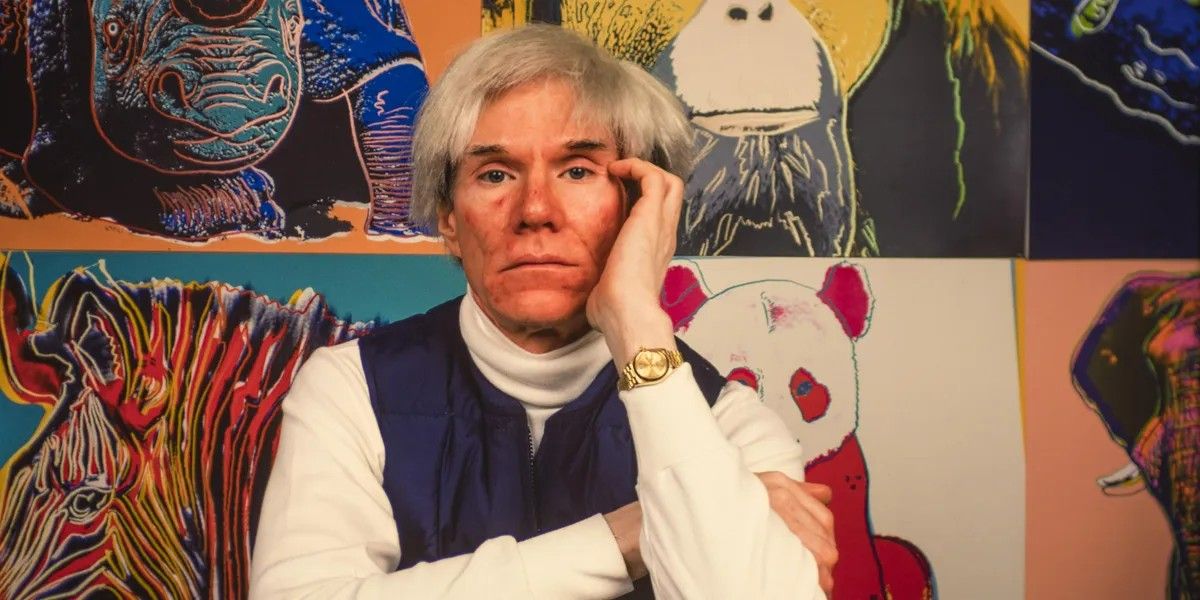
This quote from Andy Warhol plays on a brief loop towards the end of the documentary after it was announced that the artist had died due to complications during gall bladder surgery.
Hearing these words coming directly from Andy Warhol immediately after the story of his tragic death is extremely hard-hitting, and their repetition is utterly chilling. Andy Warhol may not be around to know that his death happened, but he is also not around to know that the even the pop art paintings that he thought were not good now live in infamy.


